EBET reportedly pivots from esports with layoffs
by Adam Fitch ·
Updated
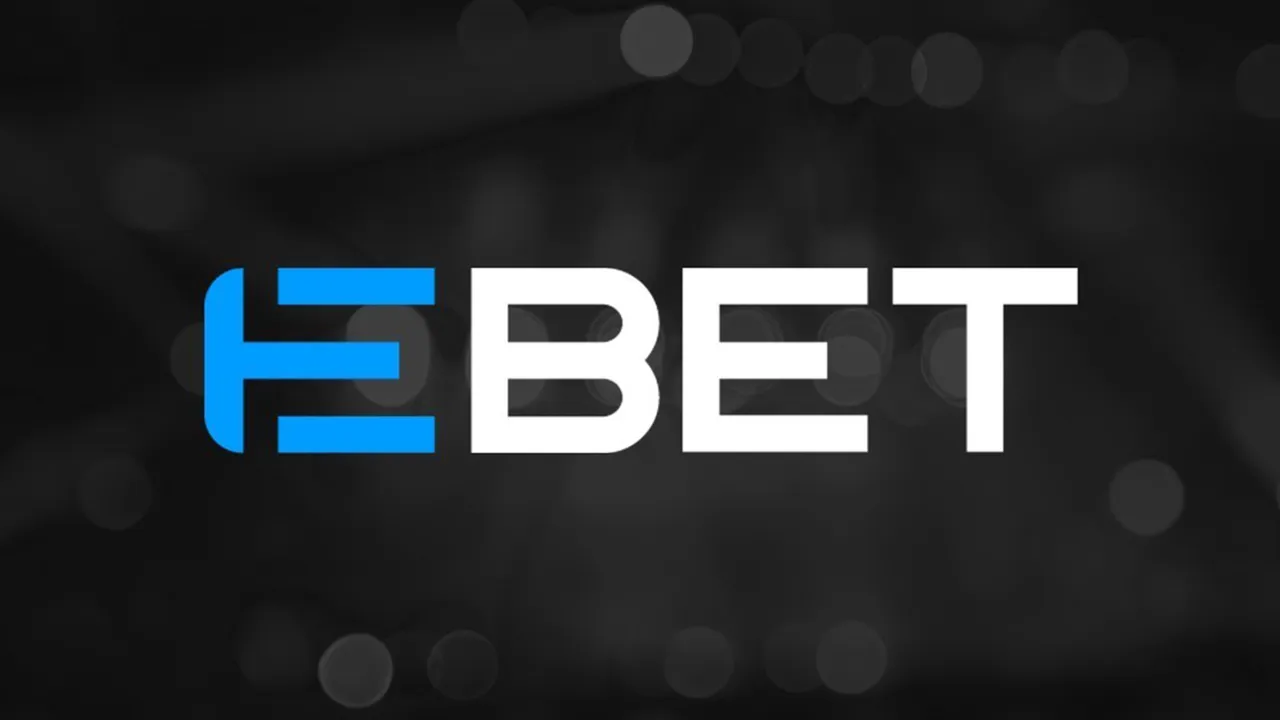
EBET
Public esports betting company EBET, formerly known as Esports Technologies, is reportedly pivoting from esports.
A change in strategy: It seemingly believes that the casino business will serve it better moving forward.
- EBET has laid off a "large number" of its employees as it moves away from competitive gaming, sources told esports newsletter Sharpr.
- The report states that the betting company is changing its strategy from focusing on its esports offering to instead lean into its casino business.
- While the exact amount of staff impacted by the layoffs was not disclosed, Sharpr reports that it's a "large number." While it's not necessarily a perfect indication of the company's workforce, 65 people classify EBET as their employer on LinkedIn.
- However, the report specifically states that XSET Co-founder Clinton Sparks and Atari Founder Nolan Bushnell have both departed from their roles as Advisors to the company.
- In an SEC filing on August 2, EBET revealed that Bart Barden will be terminated from his role as Chief Operating Officer as of February 2, 2023. This was first reported by Sharpr.
The company: It changed its name from Esports Technologies to EBET in May.
- The report claims that the majority of the company's revenue was coming from betting in Germany and Thailand, though this wasn't verified by multiple sources.
- However, it's undeniable that EBET looked to strengthen its non-esports offerings through the $75.9M acquisition of Aspire Global's B2C business in late 2021. The deal included online casinos and sportsbooks such as Karamba, Hopa, Dansk777, BetTarget, Griffon Casino, and GenerationVIP.
- Layoffs have become common in esports as of late, though predominantly across competitive organizations such as Dignitas, Guild, ORDER, 100 Thieves, TSM, and Semper Fortis. The pandemic certainly made things difficult for many, and now times are tough again with the general economic downturn.
- Speaking of the pandemic, esports betting saw an upturn due to the absence of sports. When sports returned, the volume of betting on competitive gaming reduced significantly.
Featured Jobs
More Jobs
MOBA Game Test Analyst
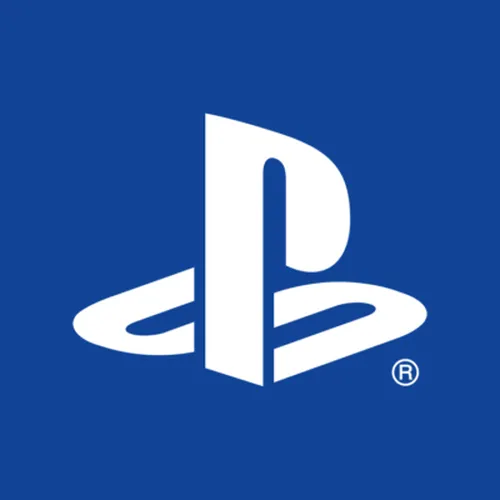 PlayStation
PlayStation
🇺🇸
San Diego, CA, USA
Level Design Internship
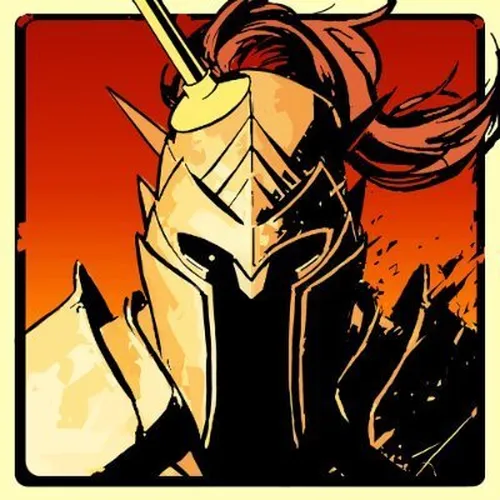 Larian Studios
Larian Studios
🇧🇪
Gent, Belgium
Technical Sound Designer (M/F/NB) - Beyond Good & Evil 2 - Montpellier
 Ubisoft
Ubisoft
🇫🇷
Montpellier, France
Marketing Specialist
 People Can Fly
People Can Fly
🇵🇱
Poland
+ 5 more
Partnerships Specialist
 Twitch
Twitch
🇺🇸
New York City, NY, USA
Game Designer - Brookhaven
 Voldex Games
Voldex Games
🇨🇦
Montréal, QC, Canada
+ 2 more
Latest News
More News
-
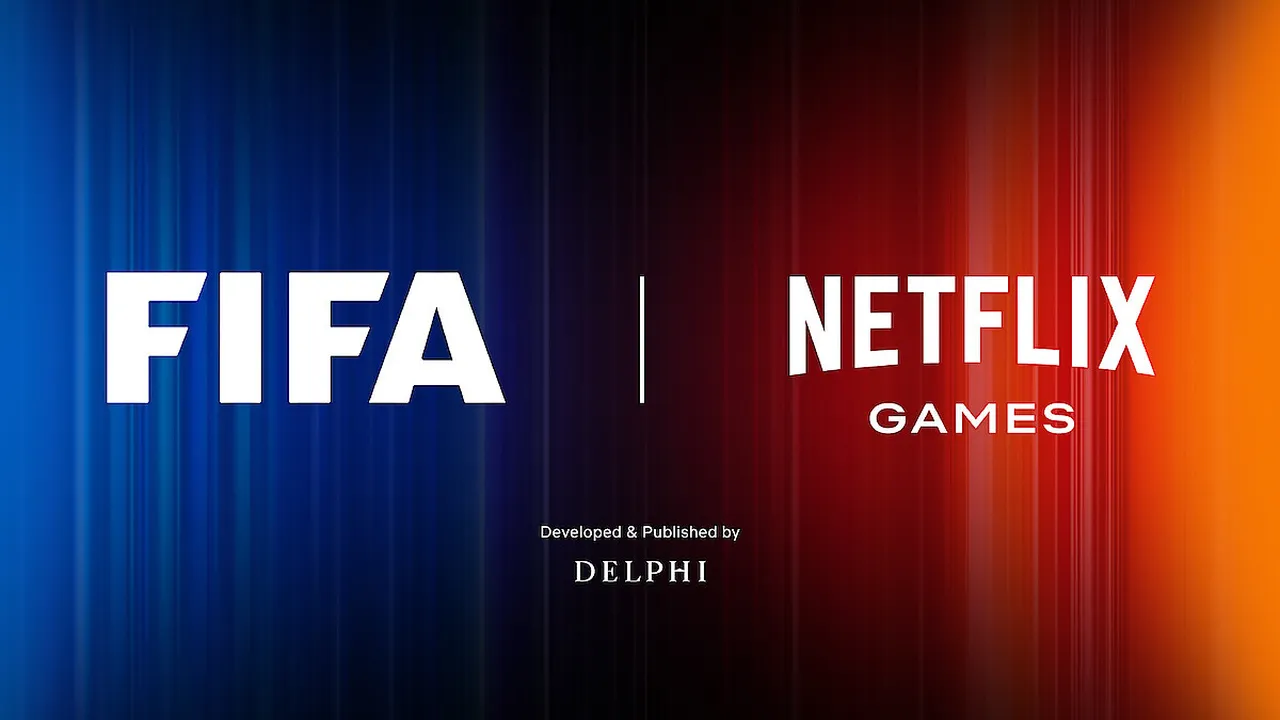 FIFA announces new partnership with Netflix to release a new 2026 World Cup video game
FIFA announces new partnership with Netflix to release a new 2026 World Cup video game -
 Sony and Tencent settle Horizon clone lawsuit with confidential agreement, Light of Motiram removed from storefronts
Sony and Tencent settle Horizon clone lawsuit with confidential agreement, Light of Motiram removed from storefronts -
 Todd Howard confirms The Elder Scrolls 6 development is progressing well, but wishes it went a "little faster"
Todd Howard confirms The Elder Scrolls 6 development is progressing well, but wishes it went a "little faster" -
 Sucker Punch co-founder Brian Fleming steps down as Studio Head
Sucker Punch co-founder Brian Fleming steps down as Studio Head -
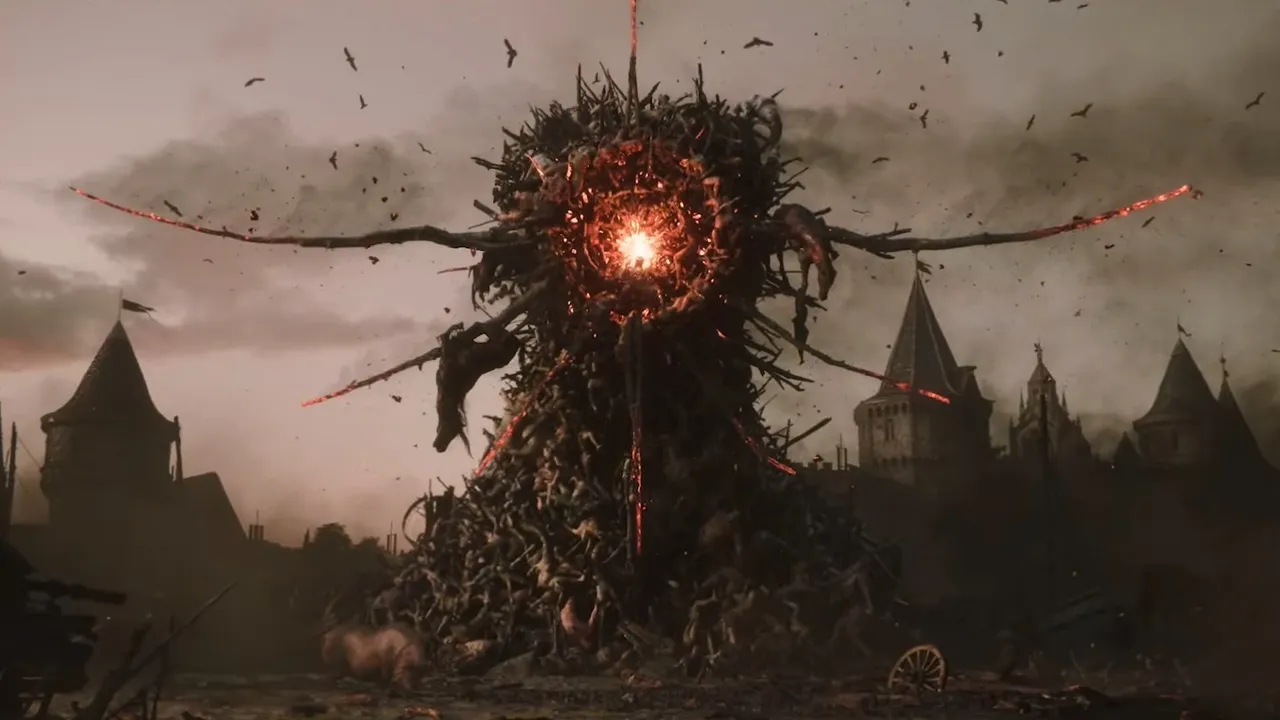 Larian CEO defends Divinity generative AI usage following backlash
Larian CEO defends Divinity generative AI usage following backlash -
 Marathon will arrive in March 2026 and cost $40, Bungie announces
Marathon will arrive in March 2026 and cost $40, Bungie announces -
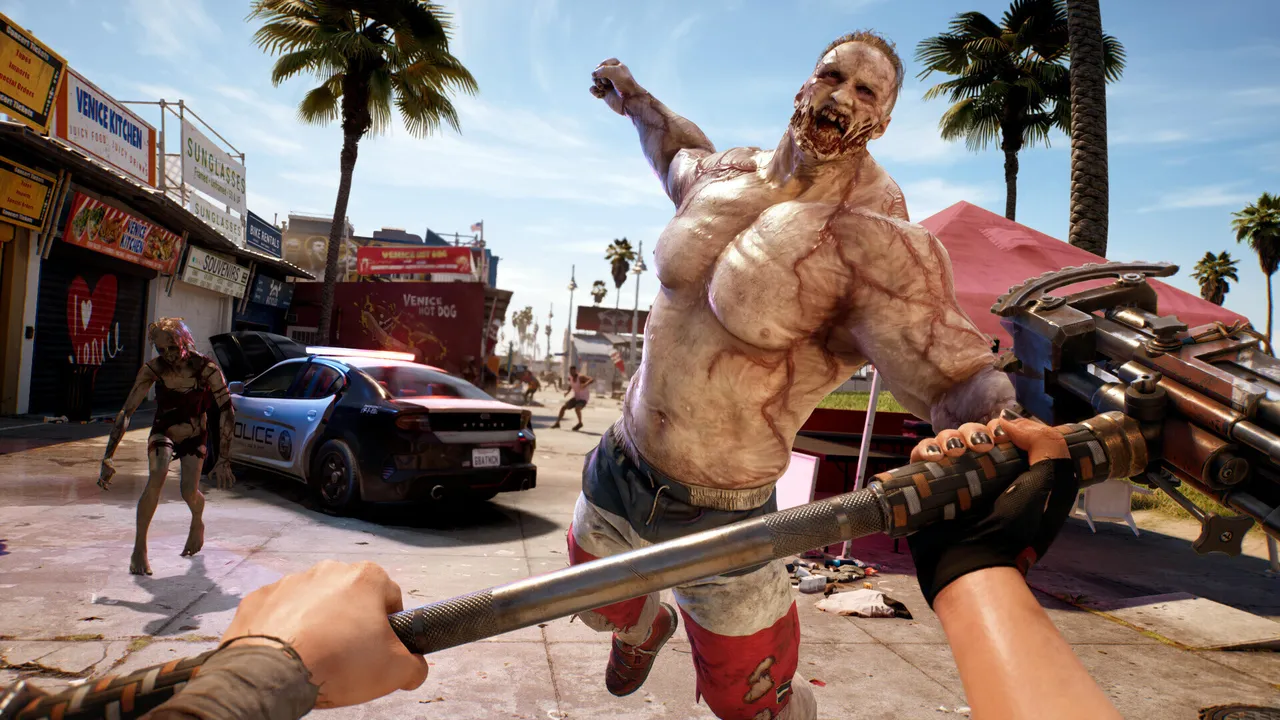 Dead Island 3 is aiming for a 2028 release, Dambuster Studios reveals
Dead Island 3 is aiming for a 2028 release, Dambuster Studios reveals -
 Amazon Games Montreal sold to Ubisoft following major layoffs earlier this year
Amazon Games Montreal sold to Ubisoft following major layoffs earlier this year -
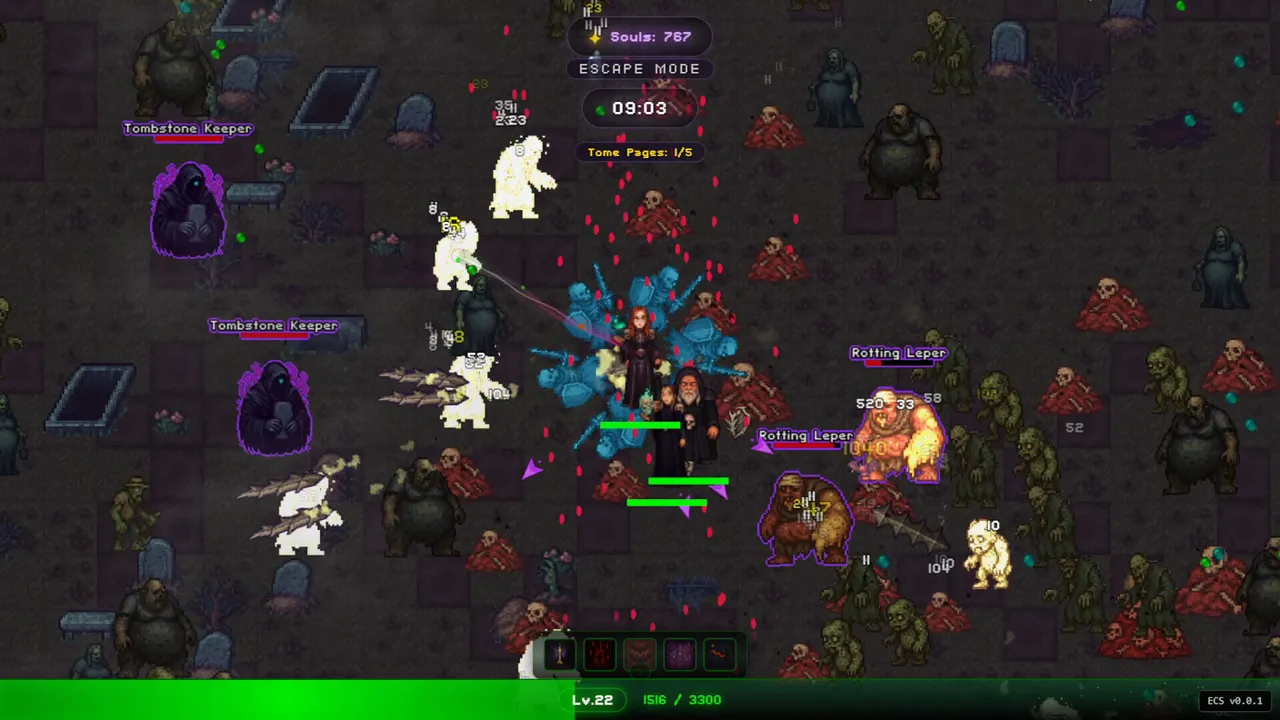 Vampire Survivors-like Codex Mortis claims it is the "world's first fully playable game created 100% through AI"
Vampire Survivors-like Codex Mortis claims it is the "world's first fully playable game created 100% through AI" -
 Katamari Damacy creator Keita Takahashi wants the industry to create more “fun and weird games”
Katamari Damacy creator Keita Takahashi wants the industry to create more “fun and weird games” -
 Stellar Blade director receives South Korean presidential award for contributions to the gaming industry
Stellar Blade director receives South Korean presidential award for contributions to the gaming industry -
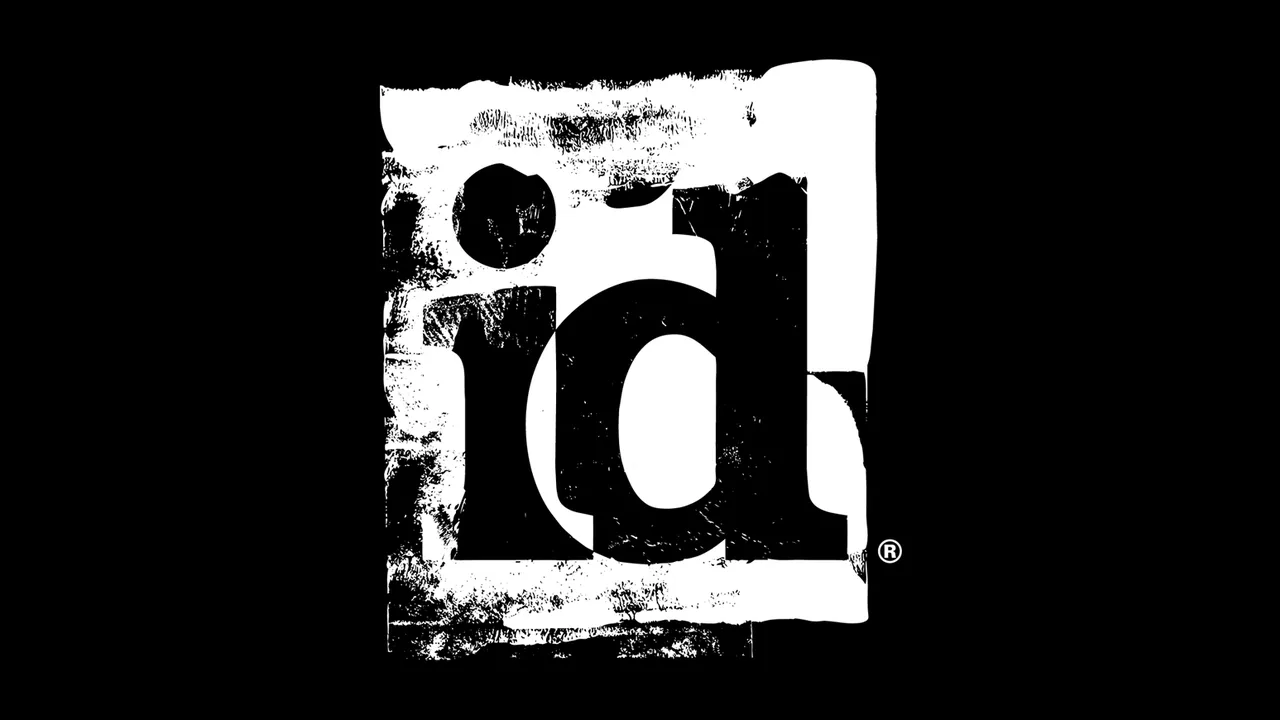 Developers at DOOM studio id Software vote to unionise with CWA
Developers at DOOM studio id Software vote to unionise with CWA